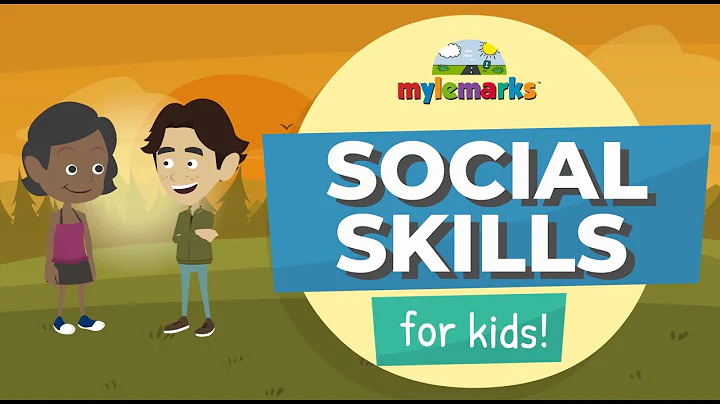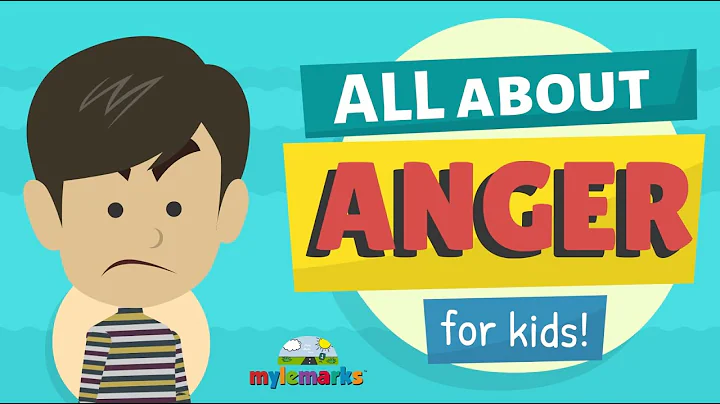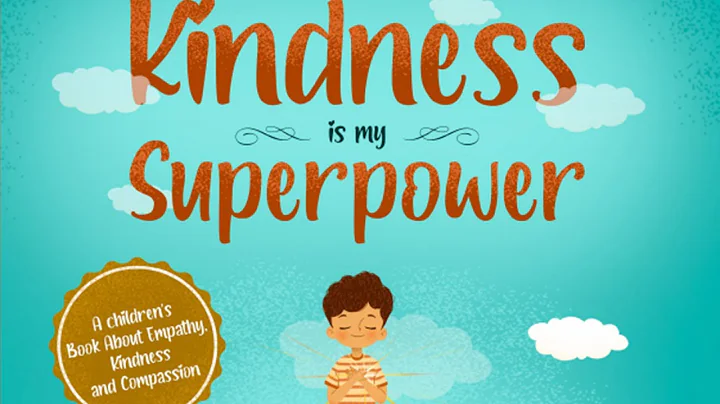When talking to a child, the child seems not to hear and continues to play with his toys?
When you ask your children to do something, they always don’t listen or respond, or they drag their feet?

Perhaps you have also found some methods on the Internet, such as squatting down and looking into the child's eyes before speaking, or calling the child's name first to attract his attention. Yes, these are all good methods, and they also have certain effects.
So is there a more effective method? Why do children behave like this?
This phenomenon generally occurs, and the time period when parents are annoyed begins when the child is about 18 months old, which is about one and a half years old. This is because this period is the budding stage of the child's self-awareness, and he begins to understand that he is a whole, and his language development has reached a certain level, and he can understand many instructions from adults, and he can also speak simple phrases and even sentences.
Self-awareness will bring various changes to children. Children at this stage want to pursue independence but feel uneasy. Sometimes they overestimate their abilities and fail, causing frustration. They are not flexible enough to deal with things and tend to be stubborn--- - Stubborn stage, insufficient awareness of property rights---thinking that what is mine is mine and what is yours is mine, does not like orders, is sensitive to order, has insufficient emotional control, but has limited language expression and cannot express what he has to say.

Listening to this long description, do you feel like "Oh my god"? This stage begins around 1 and a half years old and lasts until 3 years old. Come on! This is called the "terrible 2 years old."
There is no need to despair. There is also a saying that "cats take three days and dogs take two days", which means that children sometimes behave well and sometimes behave well. This is probably a blessing from the Creator to allow parents to have some time to breathe so they can fight again.
When you know that this is the only way for your child, you will have a psychological precaution, and you will be more understanding and patient.

The following is an effective method.
1. Respect, respect, respect! No matter how young a child is, he is still an independent person and has his own ideas. Regardless of whether we agree with them or not, we must first respect the children's ideas.
What is respect? Be patient and listen to what the child says he wants, or understand why the child does what he does. Instead of rushing to deny it, say no, no, no.
2. Use less commanding tone. Choices are more effective than commands.
3. Yes, squat down and look at eye level with the child. This is also respect and reduces children’s sense of oppression and resistance.
4. First draw the child's attention to yourself: look into the child's eyes, stroke, call the child's name, and clap.
5. If you want your child to do something, you can first show concern for what your child is doing. You can ask: "Baby, what are you doing?" I believe your children will be very happy to share it with you. Then mention what you want your child to do: "You have been playing for so long, so you are thirsty. Let's drink some water first."
In fact, when a child is doing his own thing seriously, it is best not to disturb his concentration. . Drinking water every hour or two is perfectly fine. In fact, most 2-3-year-old children only have about 15-20 minutes of attention span. Before they start to get involved, and after they finish a game and before moving on to the next game, remind them to do what you want them to do. What you do is more likely to be accepted by children.
If it is time to leave for eating, sleeping, etc., you can remind the child 10 minutes in advance. When the child wants to continue playing, you can agree on a specific time such as "play for another 5 minutes" or "run around again" to give the child a mental attitude. buffer.
It should be noted that the agreed agreement must be firmly fulfilled, so that the child will not bargain again and again in the future.

has no naughty children, only naughty parents. When raising children, you must first cultivate yourself. People don't need to be taught, but they need to be constantly reminded. Watch more, learn more and summarize more, and parents will find that the scary age of 2 is not really that scary.





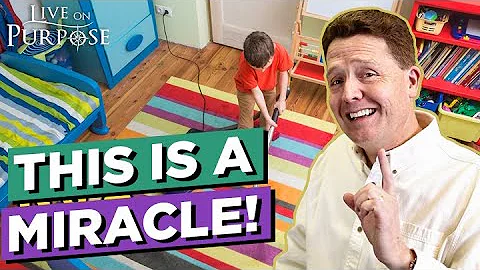




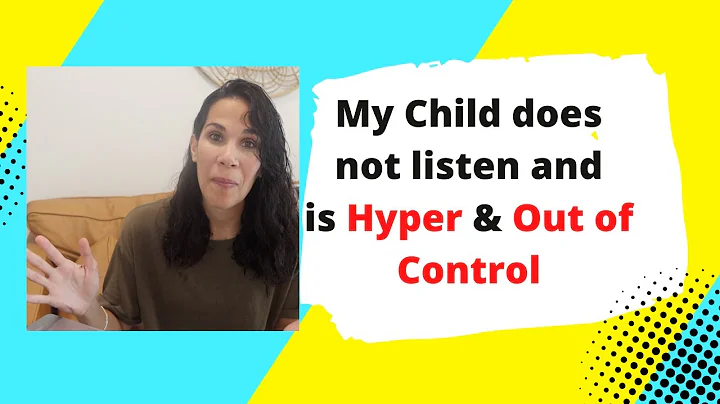
![When I was reading the book "You Are a Child's Toy", the book mentioned that there are four misunderstandings in emotional guidance. The third misunderstanding is: "using external incentives and rewards." Oh my God! [Shocked][Shocked] When we parents educate our children, don’t w - DayDayNews](https://cdn.daydaynews.cc/wp-content/themes/begin/img/loading.gif)


